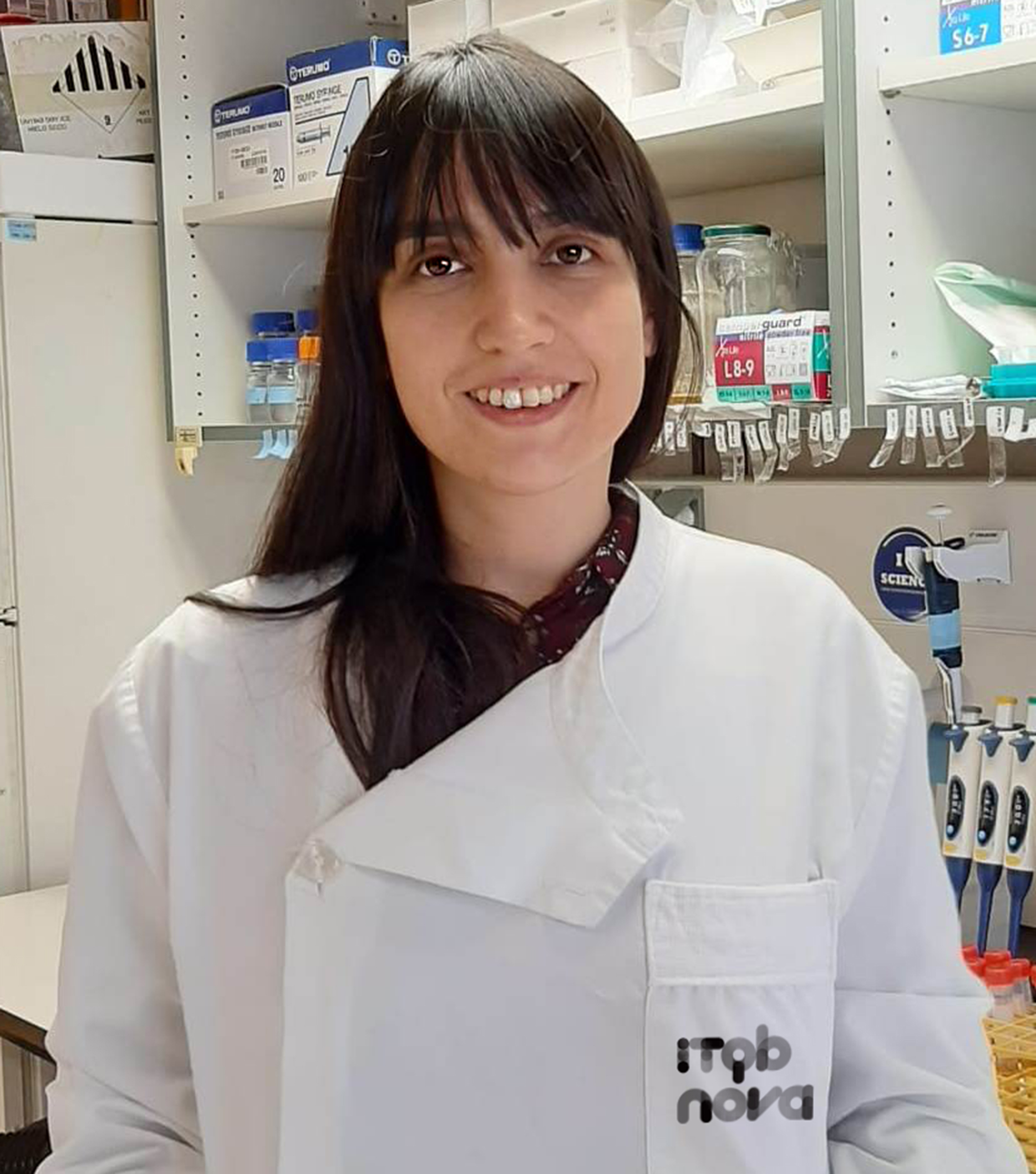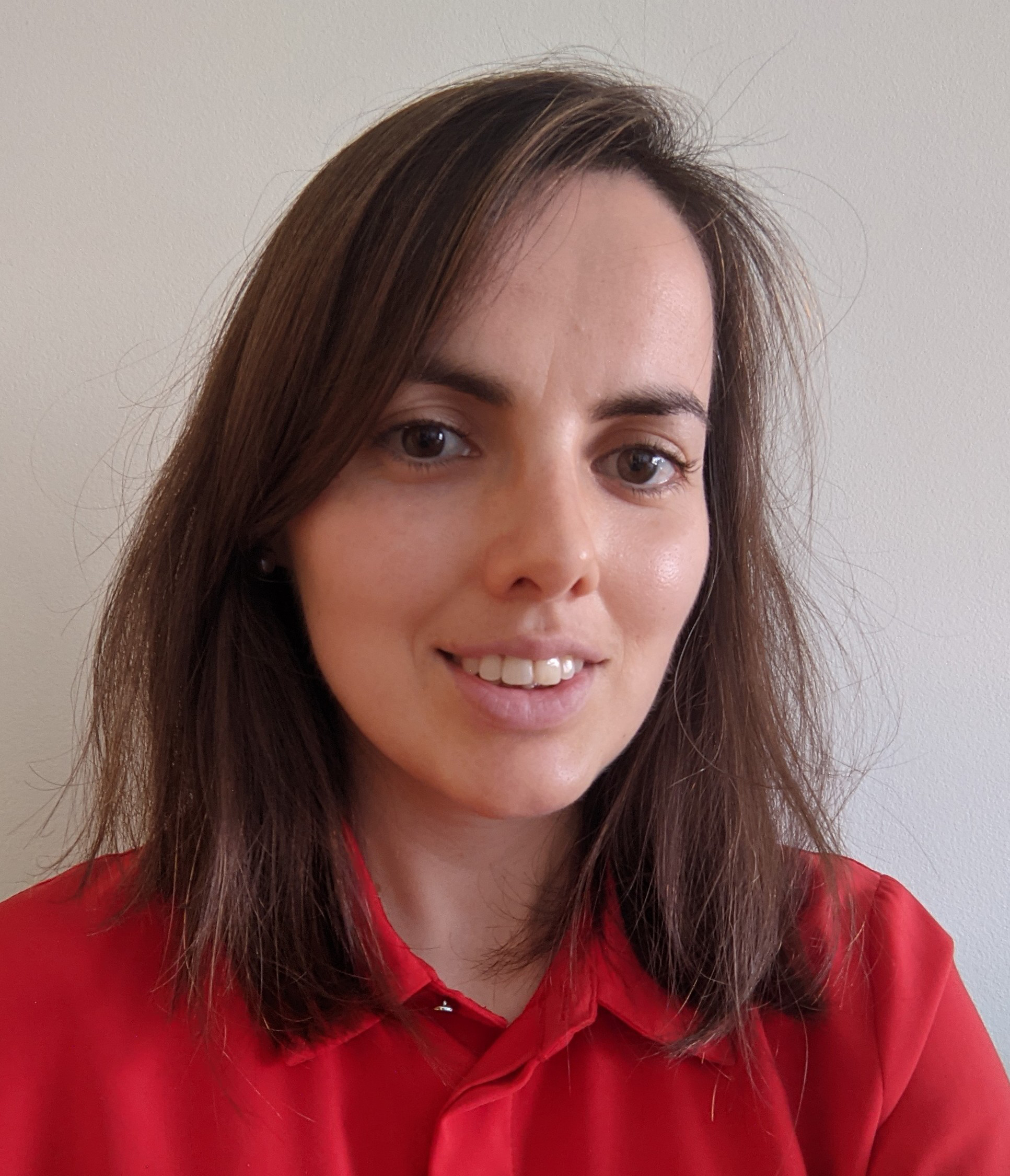ITQB NOVA researchers distinguished with ESCMID grants
Carina Valente and Helena Veiga, ITQB NOVA post-doc researchers, have been awarded 20,000€ under the extremely competitive ESCMID (European Society of Clinical Microbiology and Infectious Diseases) Research Grants 2022. Carina´s project will tackle how the interactions between different types of Streptococcus pneumoniae may affect colonization and disease, while Helena’s focuses on the regulation of cell division in Staphylococcus aureus.
It is common to find different types of Streptococcus pneumoniae colonizing the human respiratory tract, usually with no consequence to our health. However, colonization may lead to infection. Carina Valente will study the mechanisms of the interactions between different types of S. pneumoniae to understand how they affect colonization and progression to disease.
Conversely, Helena Veiga’s project addresses the cell division in Staphylococcus aureus. Like many other bacteria, S. aureus has several regulators or checkpoints, which ensure that each step of the division cycle occurs in a specific time and space. Helena will study the mechanism of action of a newly identified checkpoint, which regulates the final step of S. aureus division cycle, the separation of the two daughter cells.
The ESCMID grant aims to “help young outstanding investigators pursue ground-breaking research in the fields of clinical microbiology and infectious diseases”. On even years, it funds projects that tackle Bacterial Infections & Diseases designed by researchers under the age of 40, holding a PhD or enrolled in a PhD programme.
ESCMID, founded on 1983, is one of the main European societies in clinical microbiology and infectious diseases and sets out to “improve diagnosis, treatment and prevention of infection-related diseases”, “by promoting and supporting research, education, training, and good medical practice”.


Carina Valente (left) completed her PhD in Molecular Biology, at ITQB NOVA, in 2015, under the guidance of Raquel Sá Leão and Hermínia de Lencastre. Carina is currently conducting her research at the Molecular Microbiology of Human Pathogens lab.
Helena Veiga (right) completed her PhD on Cell Division Chromosome Segregation in Staphylococcus aureus, in 2012, supervised by Mariana G. Pinho, at ITQB NOVA. Presently, she is a researcher at the Bacterial Cell Biology lab.







